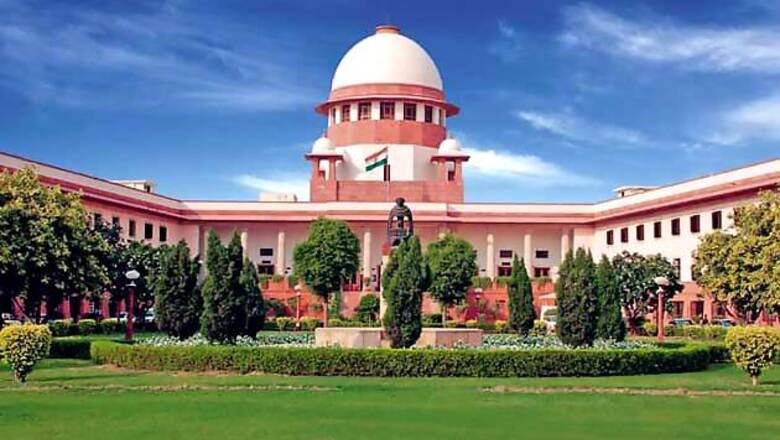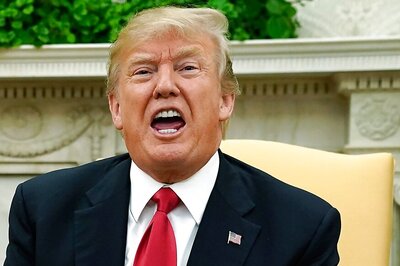
views
New Delhi: The industry chambers on Tuesday told the Supreme Court that the 2G spectrum judgement making it mandatory to allocate all natural resources only through auction has caused a lot of uncertainty.
The Federation of Indian Chambers of Commerce (FICCI) and Confederation of Indian Industry (CII) contended that the February 2 verdict was specific to the spectrum allocation and its conclusion that the first-come-first-served (FCFS) policy was illegal per se needs clarification as it was in conflict with the previous judgements of the apex court.
FICCI's counsel and senior advocate CS Sundram submitted that the Presidential Reference arising out of the 2G spectrum verdict needs to be answered by the five-judge Constitution Bench headed by Chief Justice SH Kapadia as it would clear the uncertainty prevailing in the industry over the issue of allocation of natural resources.
CII's counsel Harish Salve said the mode of allocation of natural resources has to be decided on a case-to-case basis and it would not be proper to hold the FCFS policy illegal per se.
"It is dangerous," Salve said when the bench referred to the paragraphs in the judgement, which termed the FCFS policy as illegal per se.
He said the FCFS policy was held as illegal in the 2G spectrum verdict as there were reasons to give a finding that the process adopted in allocation of radiowaves was not proper.
The senior advocate said some of the incident like making of bank draft of Rs 1600 crore at a particular time from various places and other acts made the procedure for allocation of spectrum a doubtful starter.
Salve was responding to various questions of the bench, also comprising justices DK Jain, JS Khehar, Dipak Mishra and Ranjan Gogoi.
The CII also supported the Centre's stand and said the revenue maximisation could not be the sole motive behind allocating natural resources.
Earlier various state governments too had supported the Centre's stand that all natural resources cannot be allocated to private firms only through auction as directed by the apex court in the 2G spectrum verdict.
The FICCI had said the 2G verdict has international implications as the apex court has entered into the domain of policy-making by holding the FCFS policy as unconstitutional.
The reference covers various issues arising out of the apex court's 2G spectrum case verdict and they include whether auctioning natural resources across all sectors is mandatory and if the verdict in the 2G case can be given retrospective effect for radio waves granted since 1994.
The court had on May 11 issued notices and sought replies from various parties, including the state governments and the FICCI and the CII on behalf of the private industries, besides the NGO, Centre for Public Interest Litigation (CPIL) and Janata Party President Subramanian Swamy.
It was on the petitions by CPIL and Swamy that a bench of justices GS Singhvi and AK Ganguly (since retired) had delivered its February 2 verdict, cancelling 122 telecom licences holding that the first-come-first-served policy was illegal and unconstitutional.




















Comments
0 comment